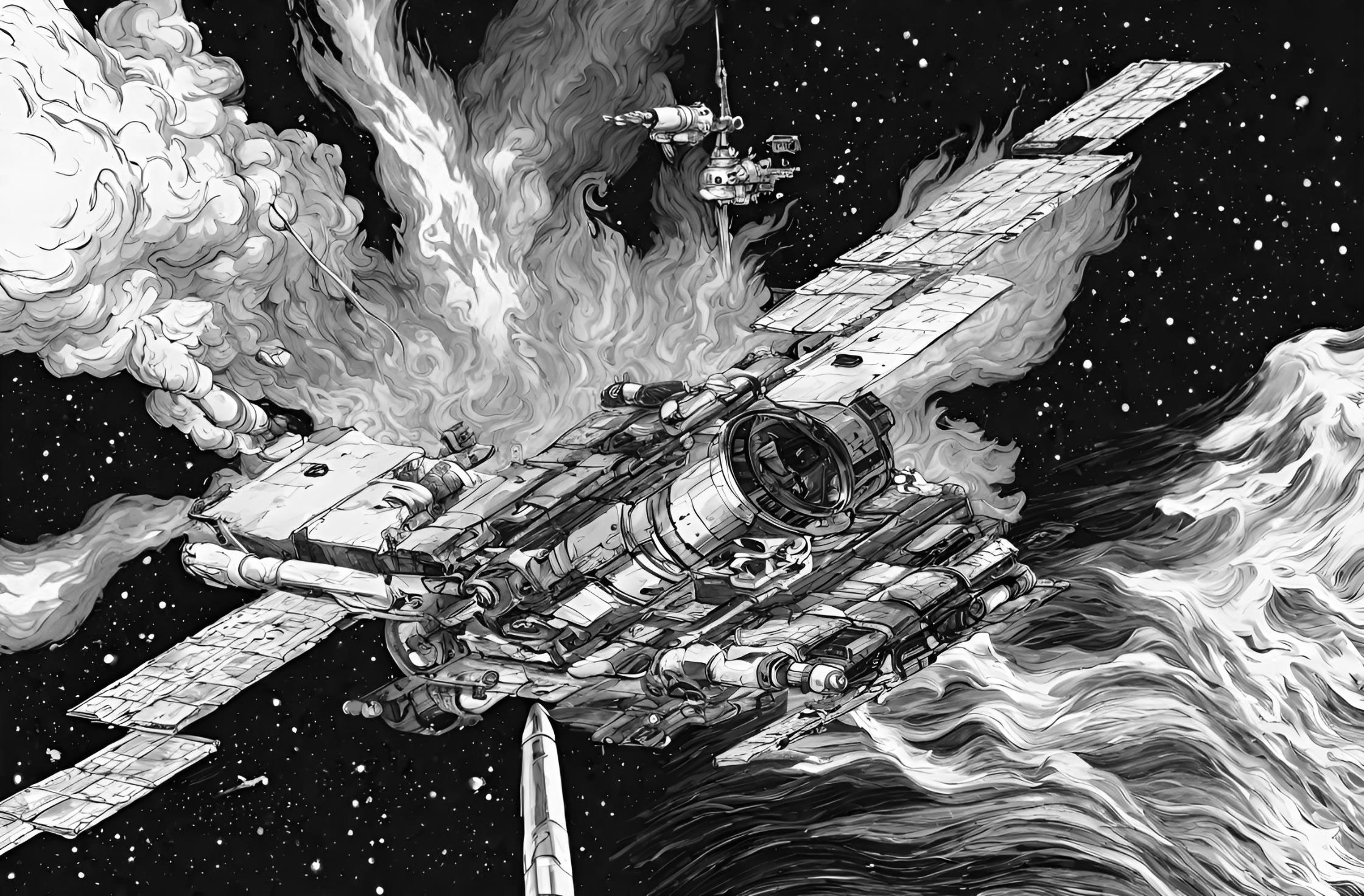Flashback to February 23
World History

On April 29, 1918, a significant event took place that shaped history and had far-reaching consequences. Gavrilo Princip, the Bosnian murderer of Archduke Franz Ferdinand, sadly passed away at the young age of 22. This event marked the end of a turbulent chapter and brought attention once again to the assassination that sparked World War I.
Gavrilo Princip was born on July 25, 1894, in the small village of Obljaj, Bosnia, which was part of the Austro-Hungarian Empire at the time. He grew up in a region marked by ethnic tensions and political unrest. It was during this period that the nationalist sentiments of many Bosnian Serbs began to take root.
On June 28, 1914, Gavrilo Princip forever changed the course of history when he assassinated Archduke Franz Ferdinand and his wife, Sophie, in Sarajevo. The killing was a brazen act of rebellion against the oppressive Austro-Hungarian Empire and a call for Bosnia’s independence. This incident pushed Europe into an all-out war, as it triggered a chain of events resulting in the start of World War I.
Following the assassination, Gavrilo Princip was arrested, tried, and convicted for his crime. Due to his young age, he received a relatively lenient sentence of 20 years in prison. Despite his incarceration, Gavrilo’s actions had already set a powerful precedent that ignited the winds of change in the Balkans.
While in prison, Gavrilo Princip’s health deteriorated rapidly. He suffered from tuberculosis, a common illness of the time, and was not provided with adequate medical care. His weakened immune system and difficult living conditions hastened his decline.
On April 29, 1918, Gavrilo Princip succumbed to his illness and died at the age of 22. News of his death spread quickly, reigniting debates and discussions about the significance of his actions and their repercussions on the world stage.
The assassination of Archduke Ferdinand and the subsequent outbreak of World War I had profound implications for Europe and the entire globe. The war resulted in the loss of millions of lives and reshaped the political landscape. Borders were redrawn, empires crumbled, and new nations emerged from the ashes.
Gavrilo Princip, despite being viewed as a terrorist by some, continues to be revered by many people in the Balkan region as a national hero and advocate for independence. His act of defiance inspired countless others to fight against oppression and strive for the self-determination of their homelands.
The events leading up to Gavrilo Princip’s death and his legacy serve as a reminder of the complex nature of history. Although he was just a young man at the time of his actions, his name will forever be linked to the momentous event that set the world on fire.
Even a century later, the assassination of Archduke Franz Ferdinand and the subsequent death of Gavrilo Princip continue to captivate historians, scholars, and researchers. The debates surrounding the motivations and consequences of these events remain as lively as ever.
Gavrilo Princip’s death on April 29, 1918, marked the end of a short but significant life. His actions and the aftermath of the assassination of Archduke Ferdinand continue to be topics of intrigue and fascination. As we reflect on this event, it serves as a reminder of the power that individuals can have in shaping the course of history, for better or worse.
We strive for accuracy. If you see something that doesn't look right, click here to contact us!
Sponsored Content

A large fire occurs…
On 2/23/1997, a catastrophic…

In Nova Scotia, Canada,…
On February 23, 1909,…

Polycarp, disciple of Apostle…
On 2/23/155, Polycarp, a…

The founding congress of…
The historic founding congress…

US troops begin largest…
On February 23, 1967,…

Ayatollah Ruhollah Khomeini states…
On February 23, 1980,…

